Marine debris is a pervasive problem facing our ocean and Great Lakes. Of all the trash that ends up in these important water bodies, plastics are the most common. This week, we’re exploring the problem of plastics in our ocean and the solutions that are making a difference. To learn more about #OceanPlastics, keep your eye on Facebook, Twitter, Instagram, and NOAA’s Response and Restoration blog this week.
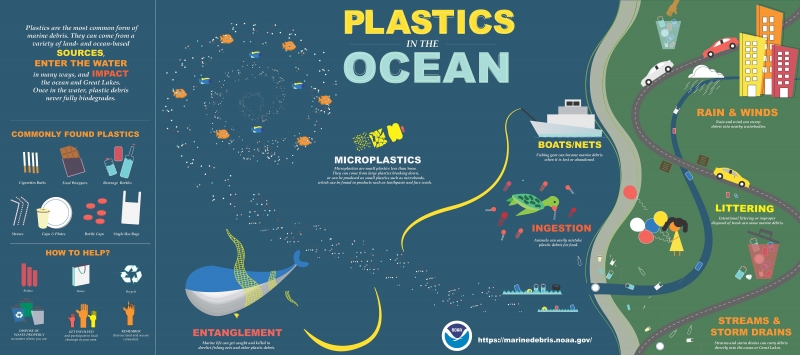
Globally, we are consuming more and more single-use plastic items, but many countries lack the waste infrastructure to process it, resulting in plastic debris entering our waterways. In places where there is good infrastructure, intentional littering or improper disposal may have the same results. Many people don’t think about the way they may be contributing to this waste, such as by throwing a cigarette butt (which is plastic!) on the ground or adding their trash to the top of an overflowing garbage can. Plastics may also be introduced to the marine environment from ocean-based sources such as fishing gear that is lost or abandoned, or from trash washing over the side of a vessel.
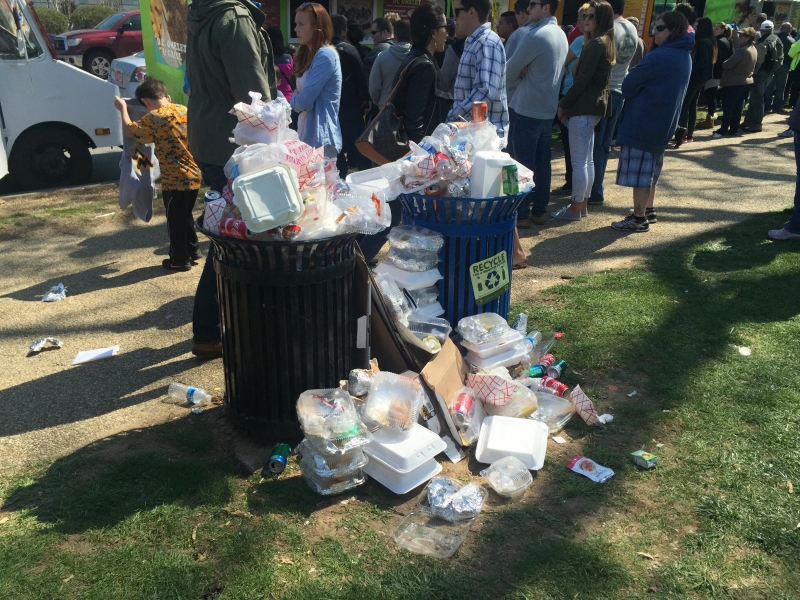
So how does plastic trash go from sitting on a sidewalk to becoming marine debris? There are many ways that plastics may be moved throughout the environment. Weather such as rain and wind can move debris into nearby waterbodies. That overflowing trash can? Well, it’s not overflowing anymore since the wind swept those extra pieces away. Once debris enters a nearby stream or storm drain, it’s often not a long trip before it has arrived at the ocean or a Great Lake.
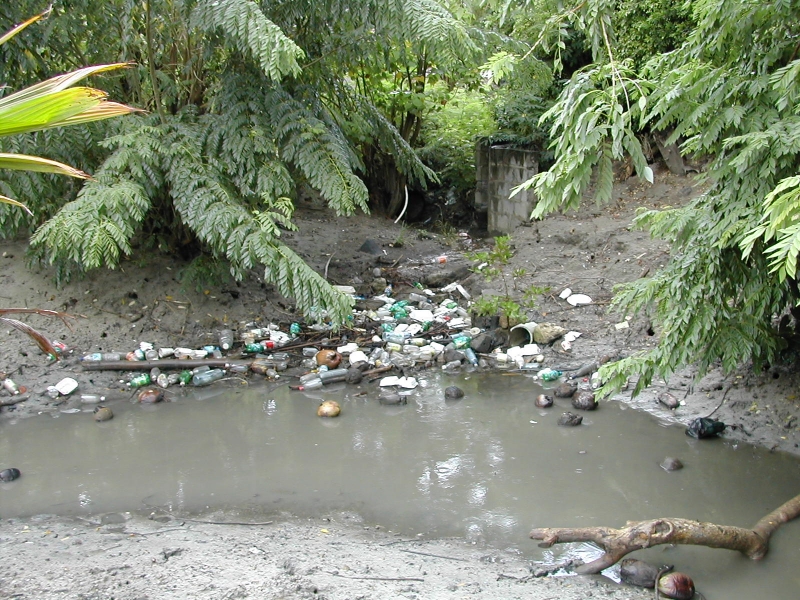
Unfortunately, once plastic debris is in the marine environment, it’s there to stay. Plastic never fully degrades, but instead breaks into smaller and smaller pieces, eventually becoming what we call “microplastics.” Microplastics are small plastic pieces, less than 5 millimeters in size. They can come from those larger plastics breaking apart, or can be manufactured at that size, such as “microbeads” that are sometimes found as exfoliants in products such as facial scrubs or toothpastes.
Plastic debris can wreak havoc on the marine environment, with numerous negative impacts. It can harm marine animals by entangling them in debris like derelict nets or plastic 6-pack rings. Animals may accidentally ingest plastics, mistaking them for food. Plastic debris, especially large, heavy derelict fishing nets, can hurt sensitive and important habitats like coral reefs by physically damaging or smothering them. Plastics can also have direct impacts on us, by becoming navigational hazards or by polluting our beaches and driving tourists away from communities that rely on those coastal visitors.
Unfortunately, people are the sole cause of the plastic debris that enters our ocean. But luckily, that gives us the power to solve this problem! People are the cause, but we’re the solution, too. Removing debris through efforts like community cleanups can help to address this issue. However, the ultimate solution is prevention. Educating people about the problem and encouraging them to join in the effort is the best way to stop more plastics from ending up in our ocean. By addressing the way we contribute to the problem and remembering to reduce, reuse, and recycle, we can all make a difference in reducing the impacts of plastic debris.
Learn more about plastic debris! Watch this Trash Talk video about why plastic is so common in our ocean and waterways and stay tuned to #OceanPlastics on social media this week. We’re all in this together!

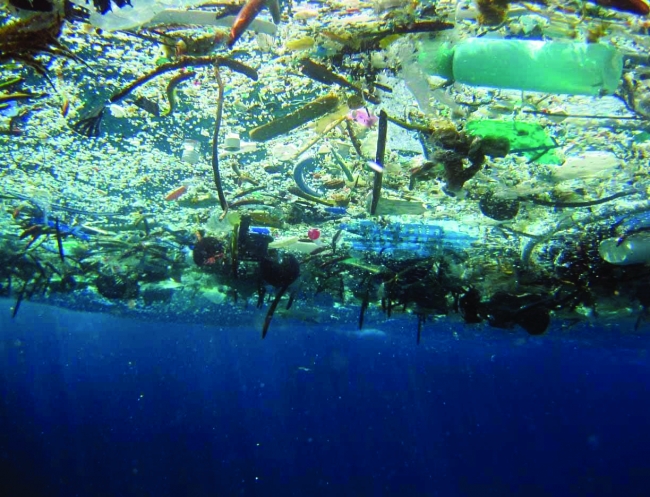
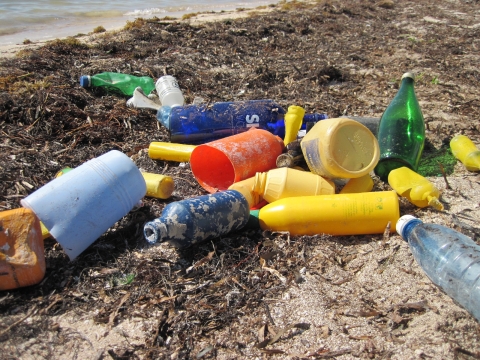
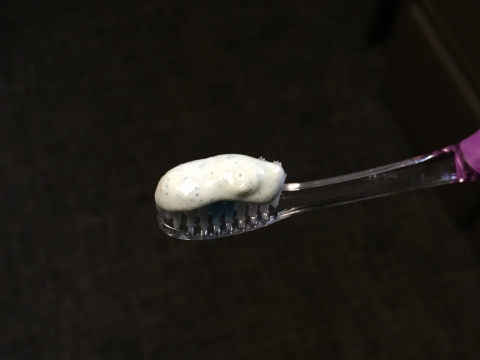
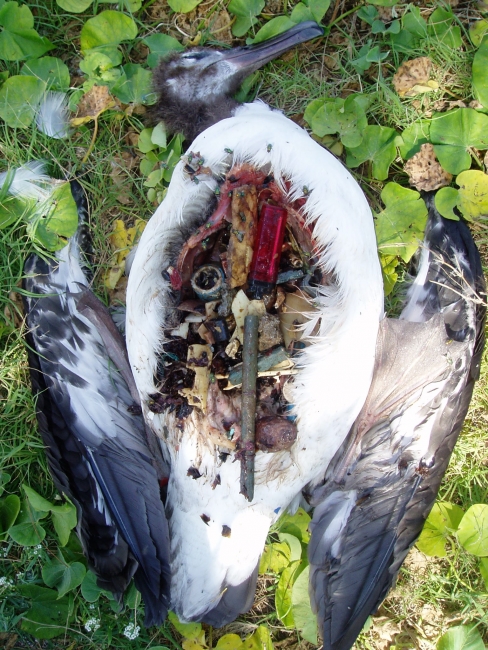
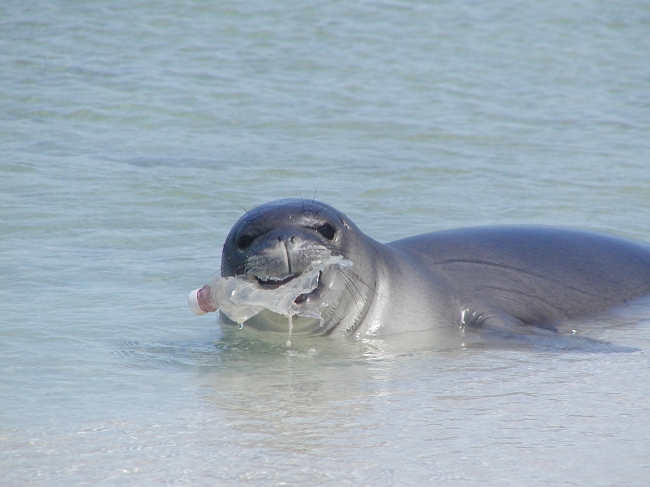
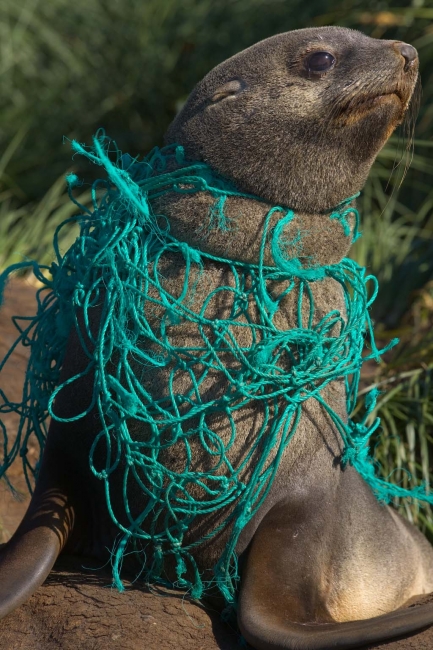
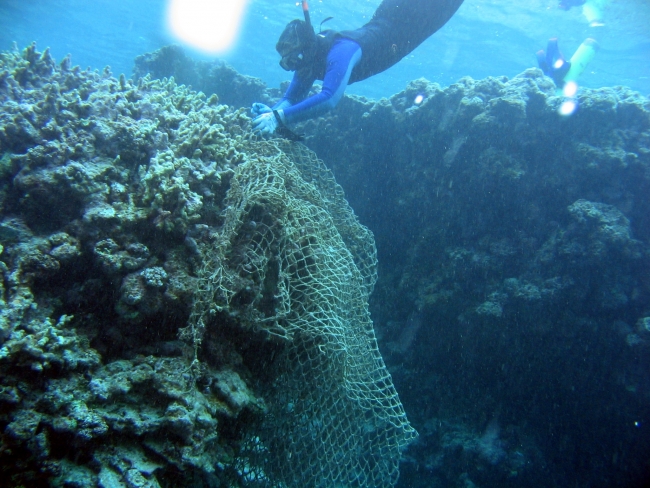
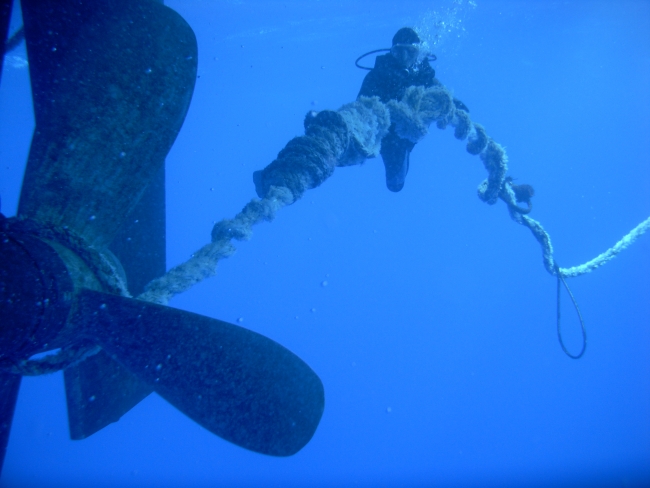
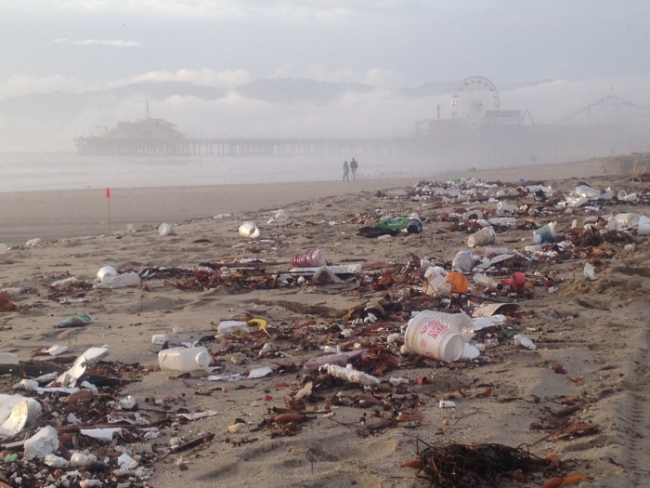
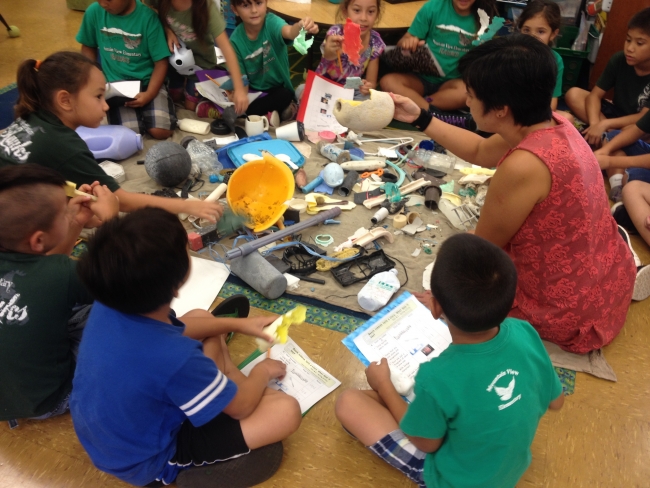
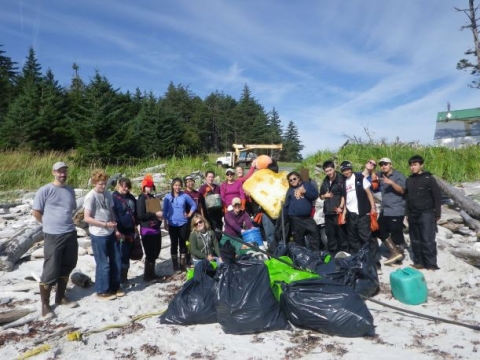
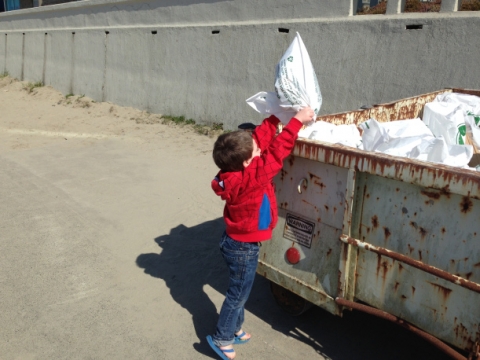
ban plastic throwing at sea